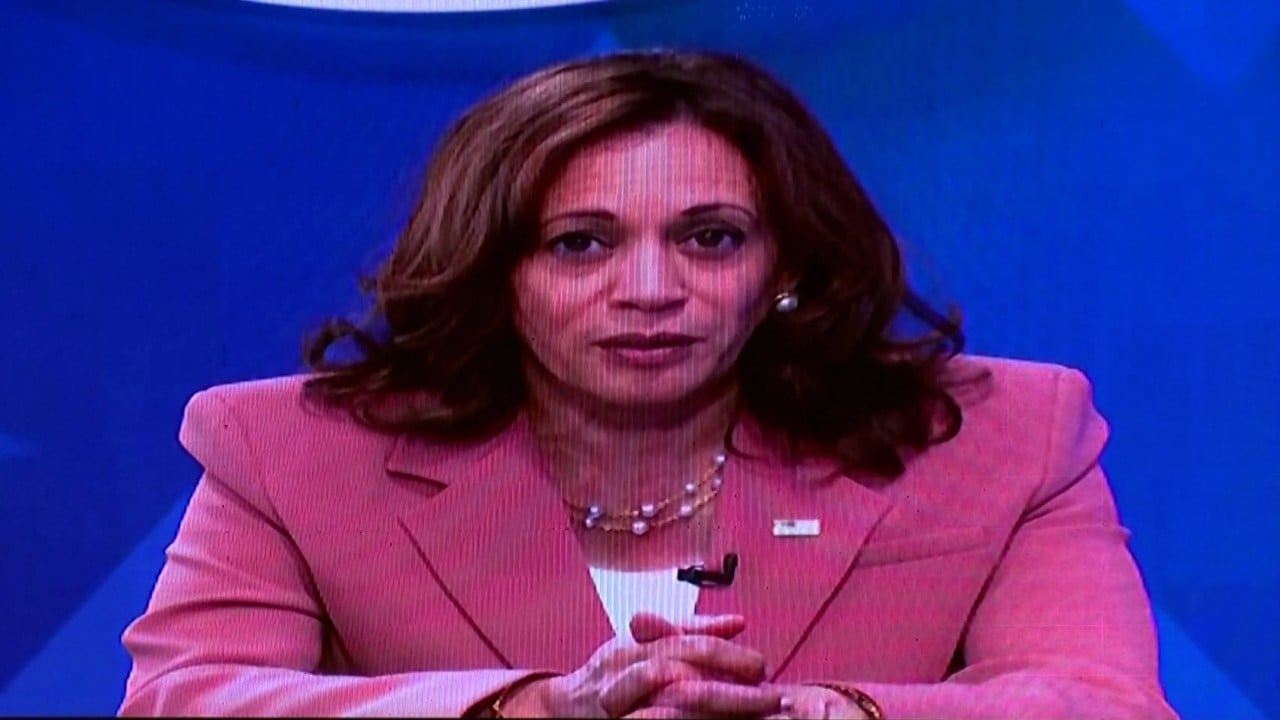The Cofa deals were originally meant to be passed as part of the federal budget in October, when the new fiscal year began.
The House of Representatives passed the bill 339-85 on Wednesday. It now heads to President Joe Biden for his signing into law.
First signed in the 1980s, the Cofa agreements provide the United States exclusive military access to strategic swathes of the western Pacific in exchange for economic help. They are seen as indispensible to Washington’s efforts to maintain its presence in the region.
Amid growing fears of what some have called Beijing’s coercive influence campaign in the Indo-Pacific region, US President Joe Biden last year pledged US$7.1 billion over 20 years to the three island nations – about US$120 million a year. The Cofa agreements were renewed last year in September.
Last week, House Republicans added the Cofa pacts to a bill they introduced to “counter Communist China”. But by Sunday, Democrats and Republicans agreed to include the pacts in the compromise spending package.
“Thank you to the people of Palau, Marshall Islands and Federated States of Micronesia for your patience with American politics”, reacted Cleo Paskal, an Indo-Pacific expert who had been involved in efforts to push for the approval of Cofa funds, observing that the Cofa agreements were “a dramatic improvement on the previous iterations”.
House Republicans add Pacific nations deals to bill ‘countering Communist China’
House Republicans add Pacific nations deals to bill ‘countering Communist China’
The action followed a string of warnings from Pacific leaders and allies.
Japan’s ambassador to the US Shigeo Yamada sent a letter to congressional leadership including House Speaker Mike Johnson, stressing that the pacts were “vital to secure the region’s peace and stability”.
“We emphasize the importance of Cofa not only for the Federated States of Micronesia, the Republic of Marshall Islands, and the Republic of Palau but also its significance for all like-minded partners,” he said.
On March 1, during an event commemorating the 70th anniversary of the testing of a US hydrogen bomb on Bikini Atoll in the Marshall Islands, President Hilda Heine said: “Our nation has been a steadfast ally of the United States, but that should not be taken for granted.”

Experts have warned that the delay has already caused substantial damage of Washington’s image in the region.
Charles Edel and Kathryn Paik of the Center for Strategic and International Studies, a Washington think tank, said in a paper released this week that delays in funding Cofa were “signaling to friends and foes alike US hesitancy to match action to rhetoric”.
“Competition with China can sometimes take on an abstract quality. Cofa offers Washington not just a concrete opportunity—it provides a test and one the United States cannot fail”, they noted.
In a recent opinion piece, Patricia O’Brien, a professor at Georgetown University, said that the US “will need to work to overcome the negative perceptions generated by the protracted struggle to fund vital US Pacific partners”.
She called for a US-Cofa summit before the election to “map out the path forward”.


